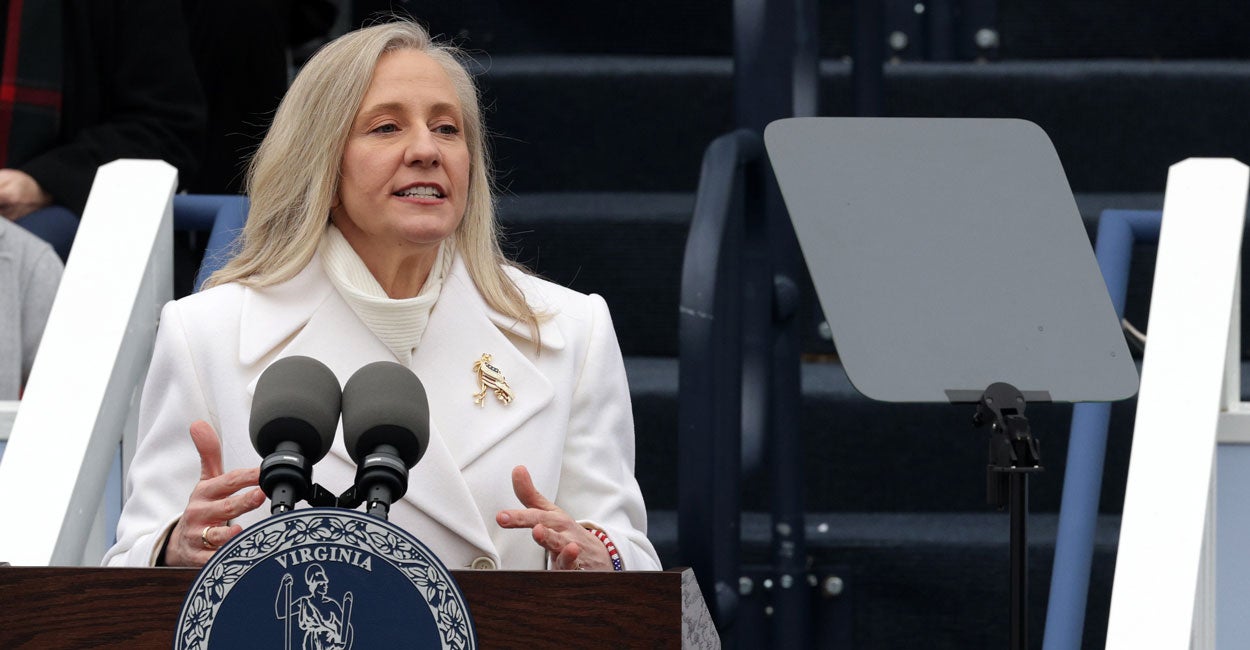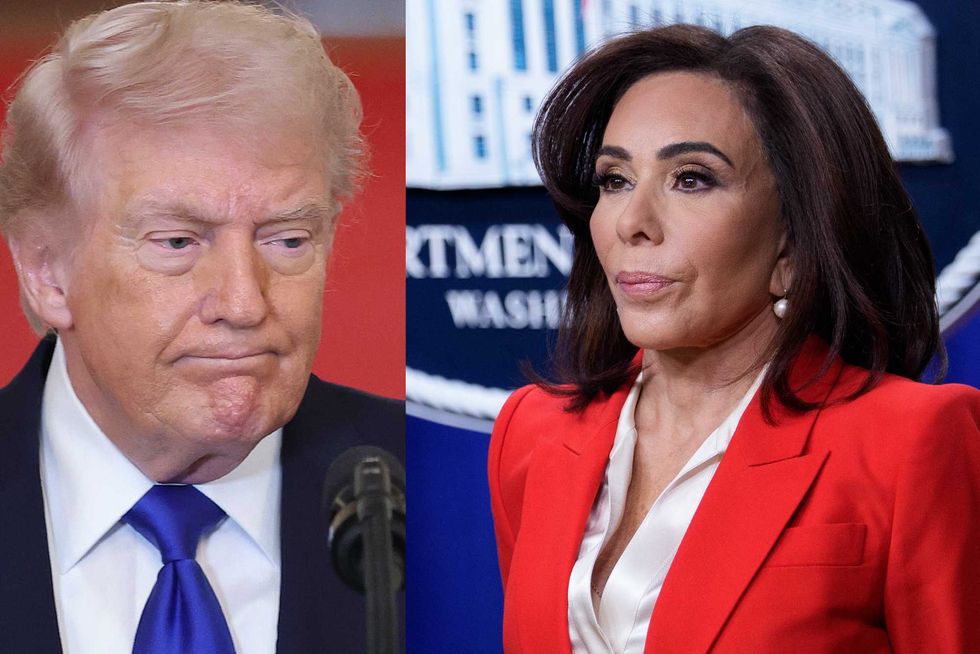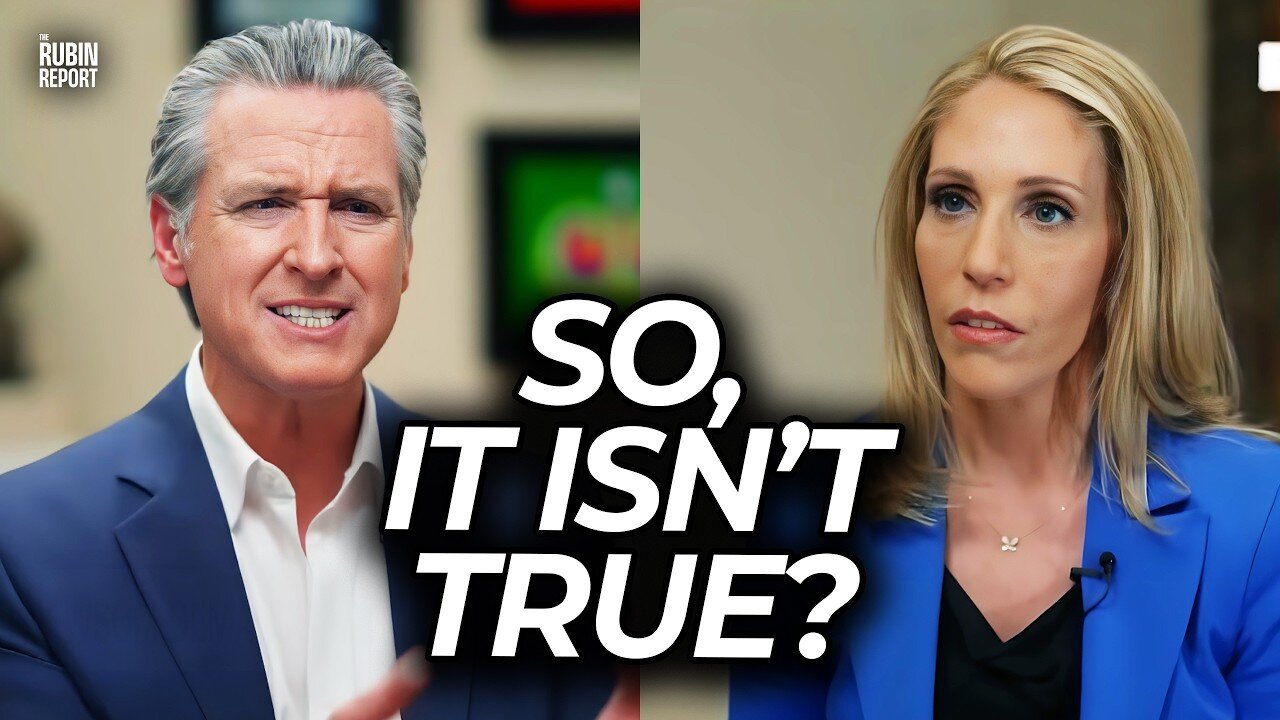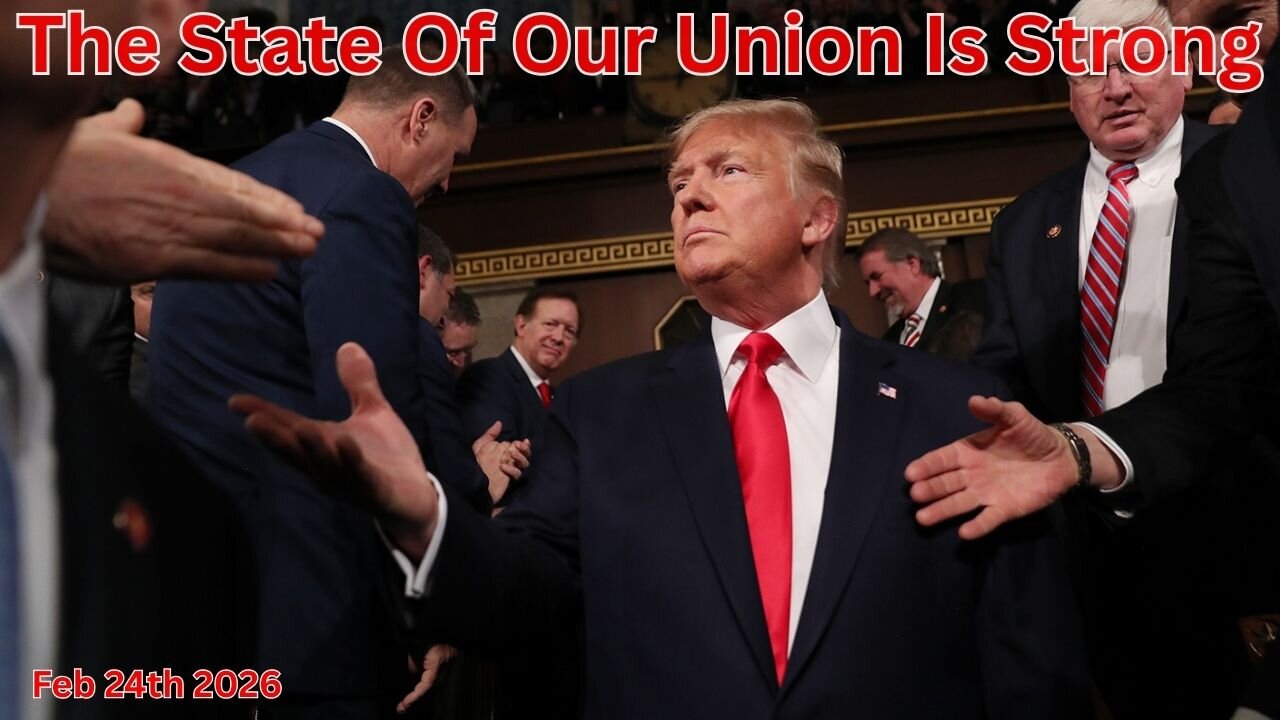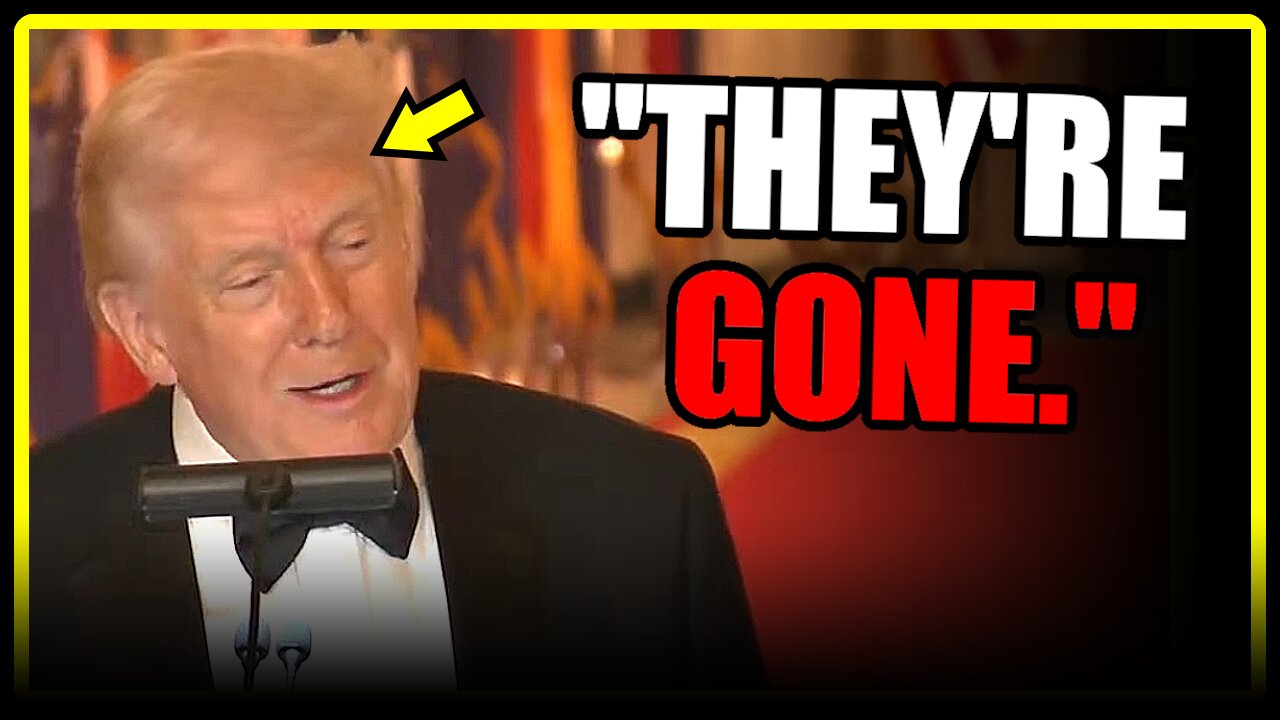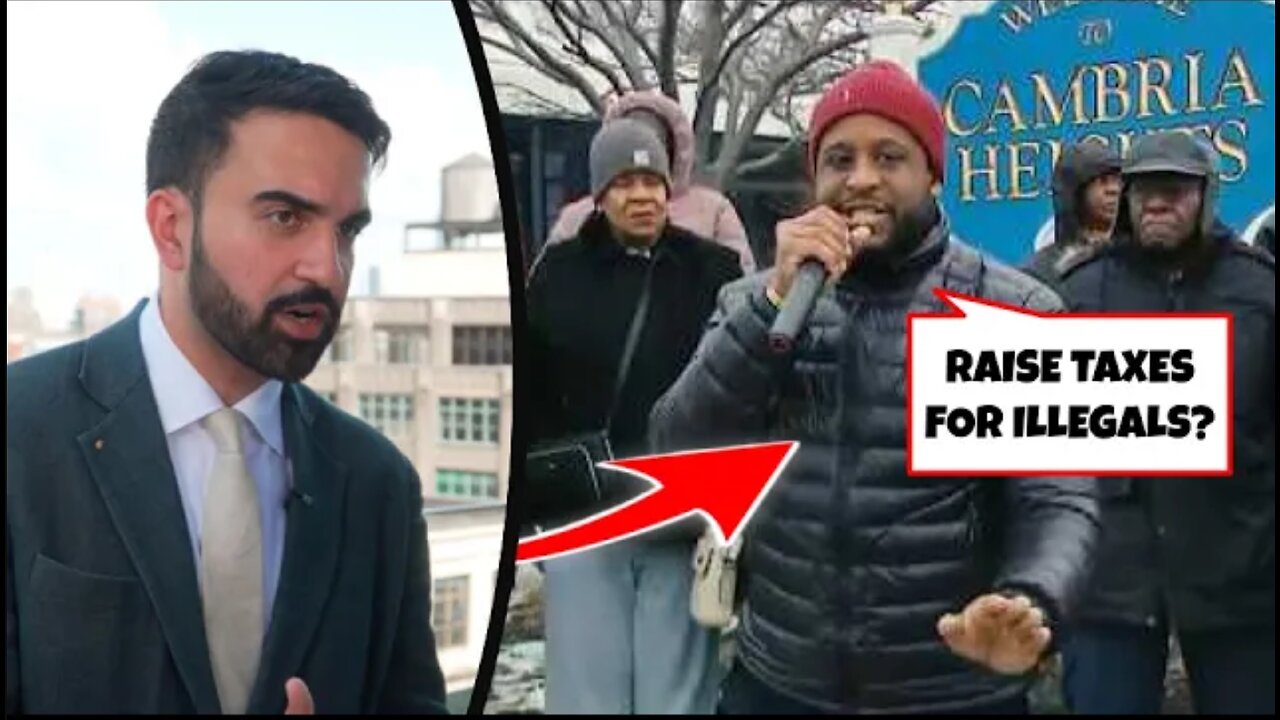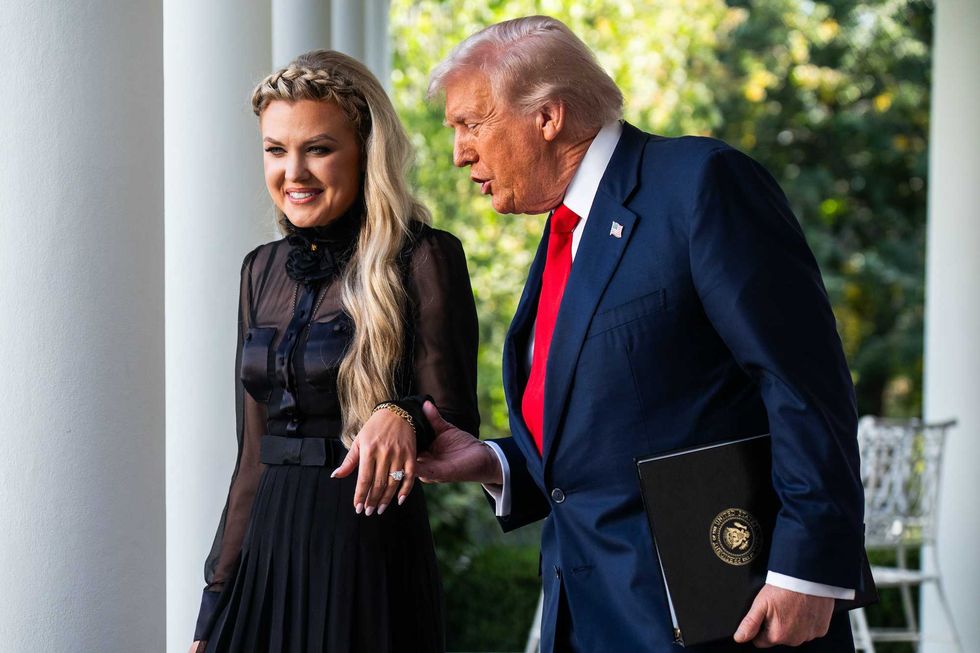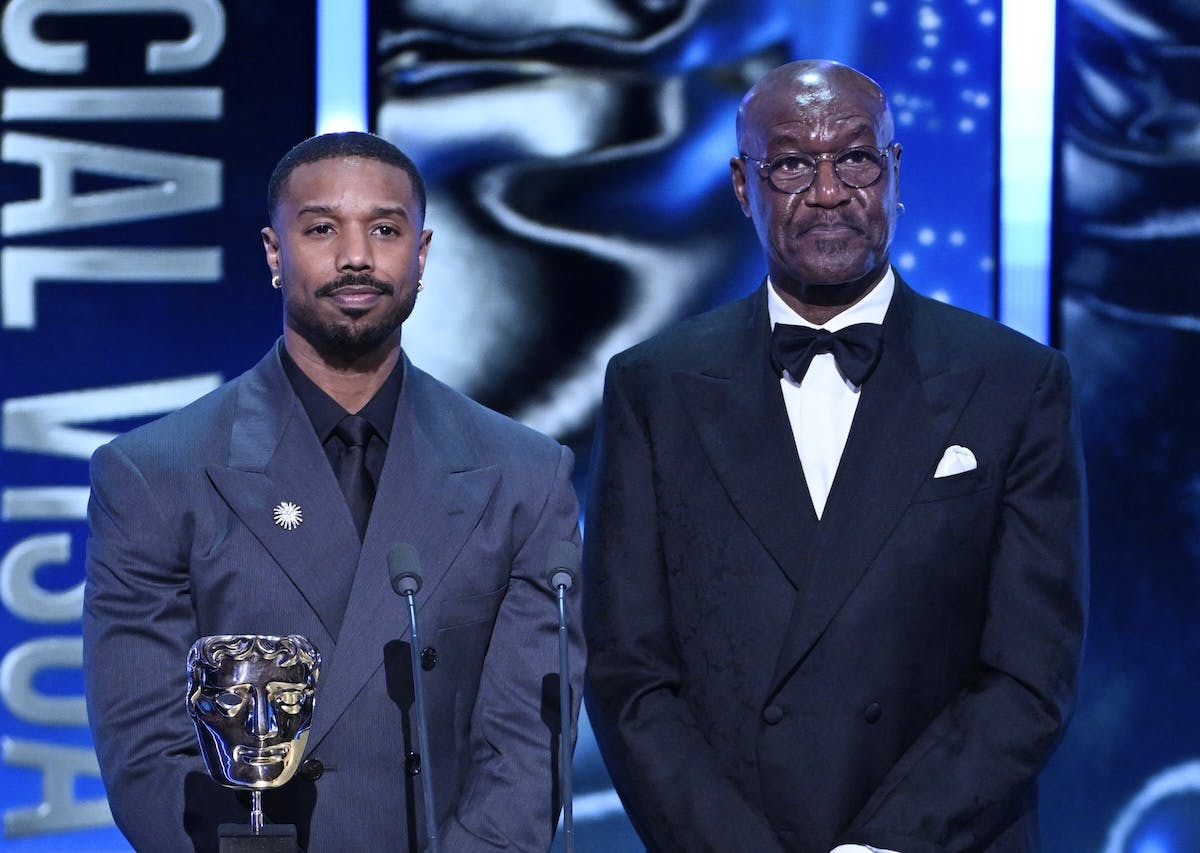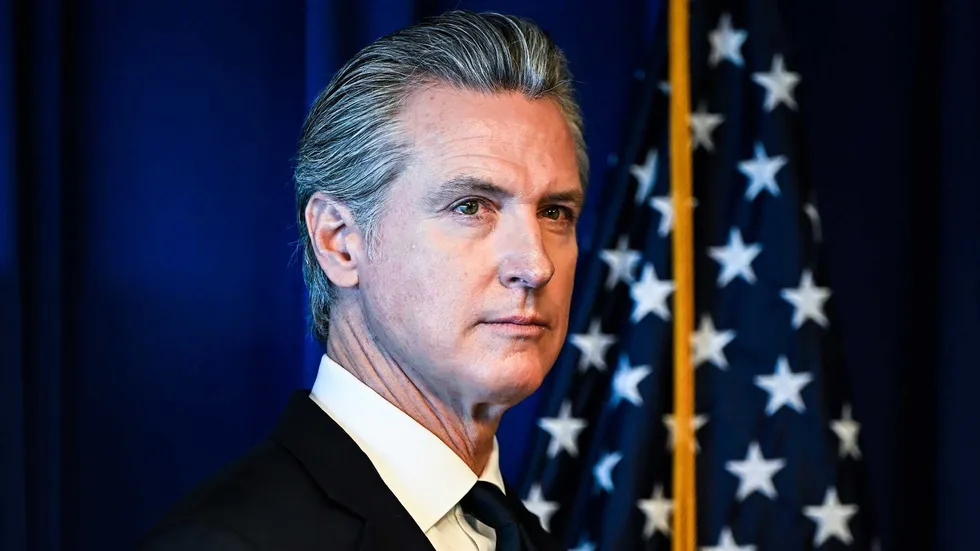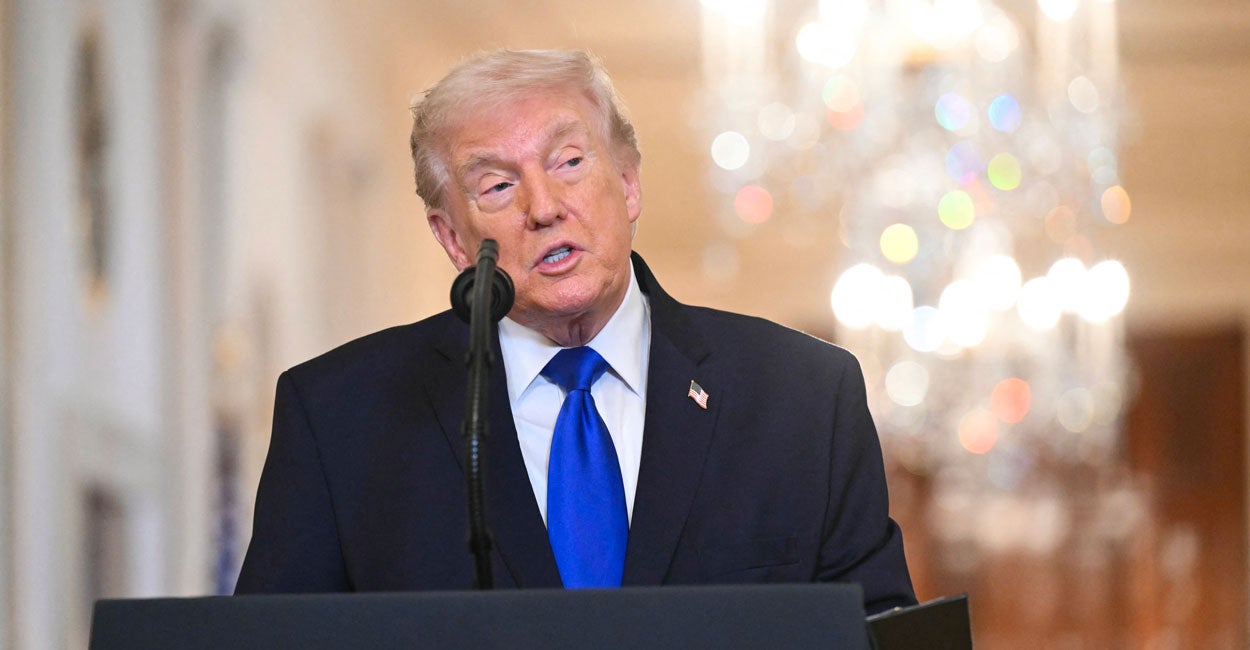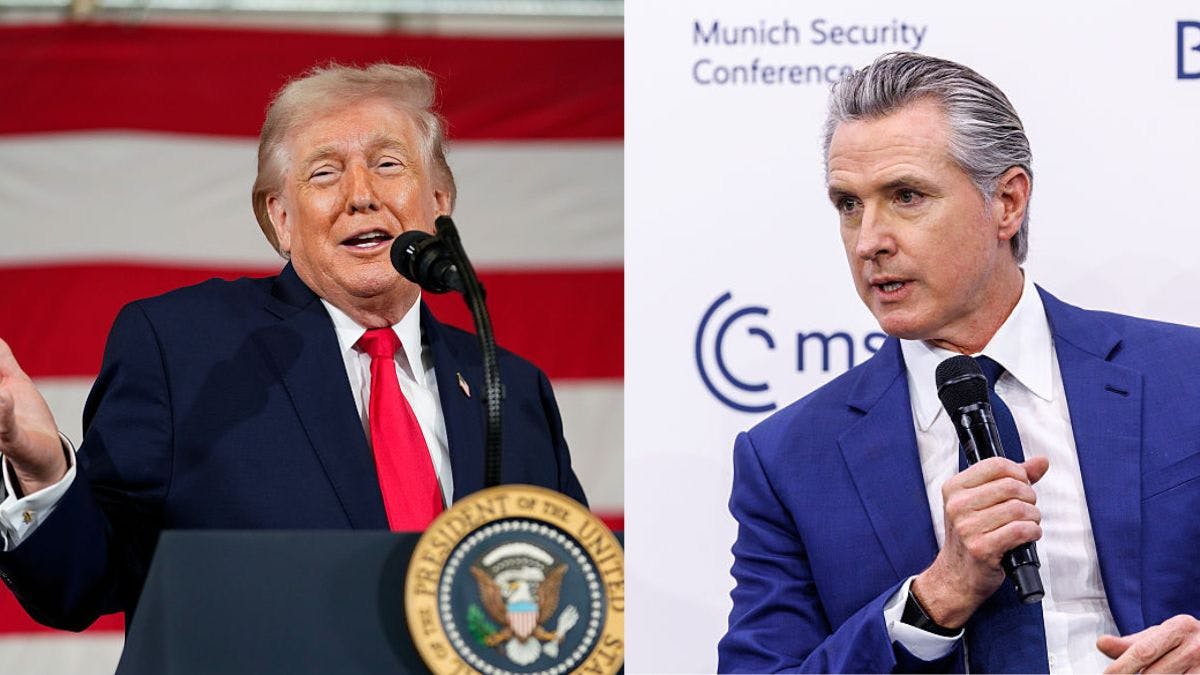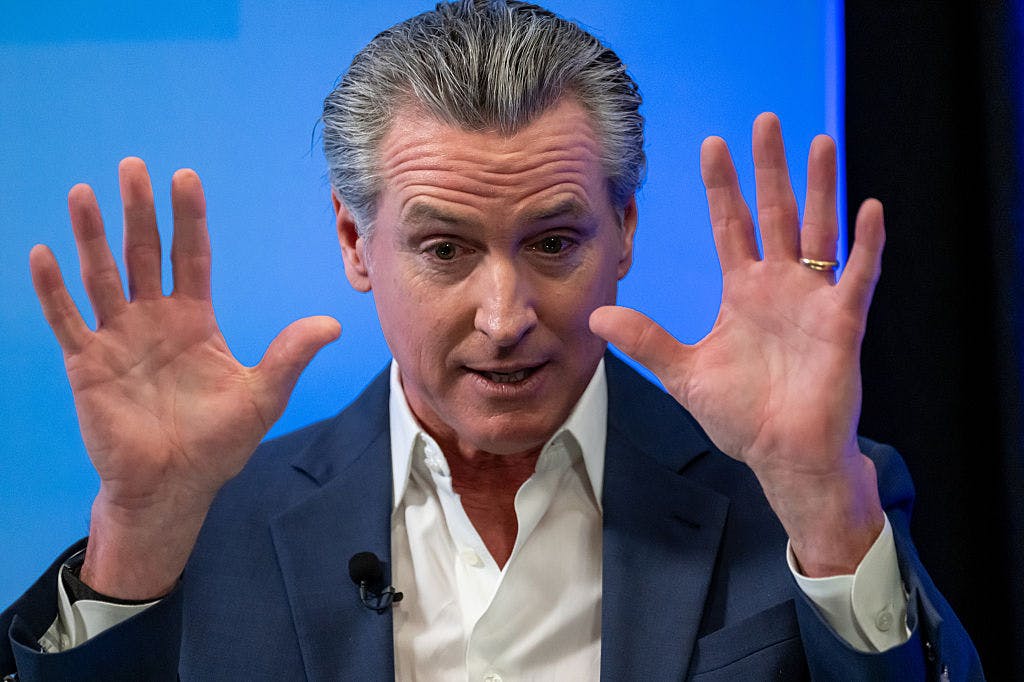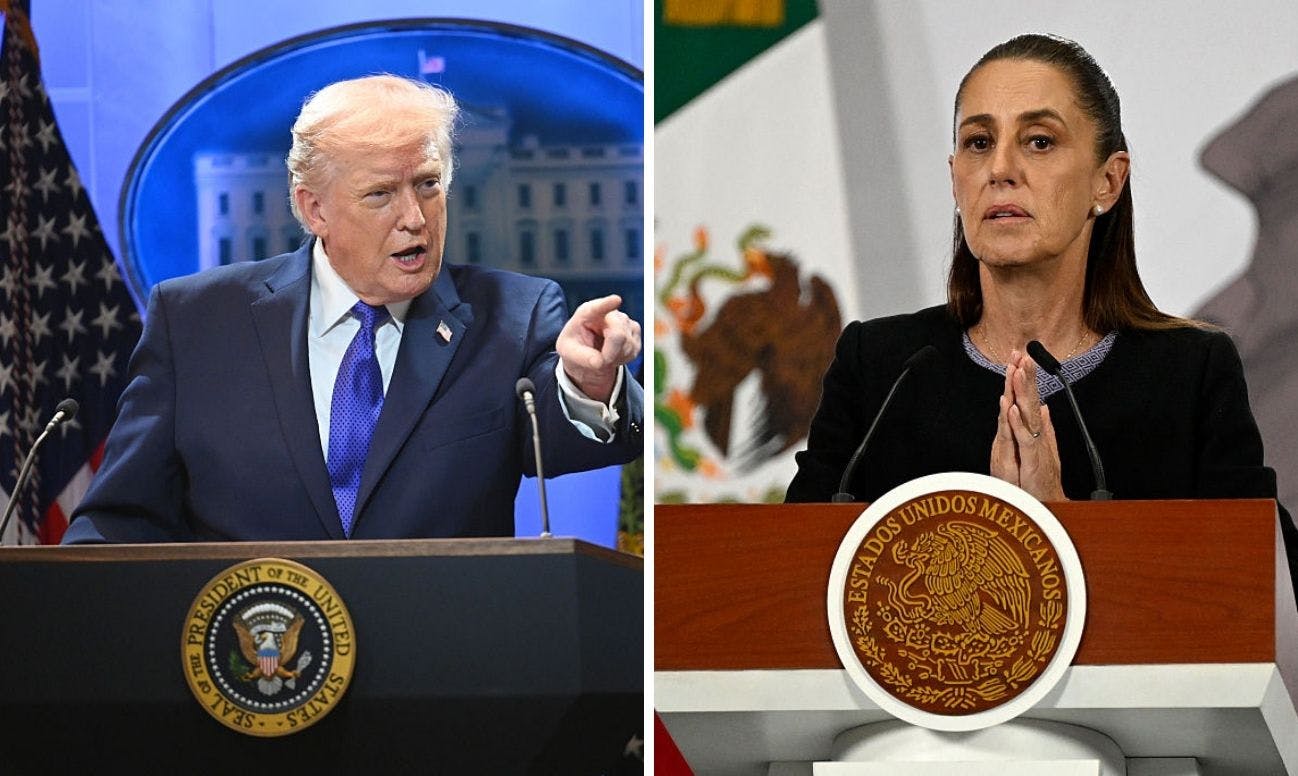The thoroughly unimpressive Mr. Fuentes


Tucker Carlson’s interview with Nick Fuentes was supposed to be explosive. It wasn’t.
Live Your Best Retirement
Fun • Funds • Fitness • Freedom
Far from normalizing Fuentes or advancing his strange brand of “right-wing” politics, the two-hour conversation exposed him as a shallow, aggrieved figure without the intellect or maturity to lead anything. Carlson didn’t destroy Fuentes with debate. He did something worse: He made him boring.
Fuentes built his notoriety as a young “influencer” who mixes nationalism with online provocation. He’s outspokenly racist, anti-Semitic, and obsessed with pushing the limits of shock. And he’s managed to attract a following among disaffected young men — the “Groypers.”
Fuentes’ interview marks his peak — and his decline. Once the outrage fades, he’ll return to obscurity.
In recent years, Fuentes has tried to rebrand himself as something somewhat more serious. He talks about immigration breaking working families, foreign wars enriching elites, and a culture that mocks masculinity. Those themes resonate because they tap real frustrations that many Americans share.
But Fuentes offers no coherent moral or political vision. Others — better read, more disciplined, and far less toxic — make similar arguments with insight and integrity. The late Charlie Kirk, for example, famously wanted nothing to do with Fuentes and his followers for precisely that reason.
The grudge-filled path
Carlson’s interview focused less on ideas than on Fuentes’ grievances. He recounted his early days as a libertarian campaigning for Ted Cruz in 2015, his shift to Trumpism, and his viral rise after a debate with a leftist opponent. Soon he was clashing with prominent conservatives, especially the Daily Wire’s Ben Shapiro.
According to Fuentes, Shapiro and his allies sabotaged his career and drove him into exile on the “dark web.” At no point does Fuentes wonder whether Shapiro recognized instability and immaturity in him — or simply concluded that he wasn’t worth the investment.
Like many in his Gen Z cohort, Fuentes mistakes online engagement for substance. Without outrage, he has nothing. He’s poorly educated, reads little, and shrugs off legitimate criticism. The result is a young man trapped in perpetual adolescence, angry that the world won’t take him seriously.
Carlson’s indulgence
Carlson tries to humanize Fuentes, appealing to Christian charity and the value of learning from failure. But Fuentes clings to his score-settling. His list of enemies includes not just Shapiro but Charlie Kirk, Joe Kent, Rep. Marjorie Taylor Greene (R-Ga.) — and even Carlson himself, though he gets a temporary reprieve for offering the platform.
Carlson also attempts to rationalize Fuentes’ anti-Semitism, giving him space to “clarify.” Fuentes insists he doesn’t hate Jews personally — he just opposes Judaism as a “force against Western civilization.” He repeats conspiracy theories about Jewish control of institutions and denies the Holocaust.
Carlson pushes back, but only mildly. Both men protest that they “don’t hate Jews” and have Jewish friends, as if that were exculpatory. It isn’t. The exchange casts neither in a good light.
Empty provocateurs
The rest of the interview dissolves into incoherence. Fuentes casually praises Joseph Stalin, of all people, before the conversation fizzles. Carlson’s attempt to recast Fuentes as a misunderstood outsider backfires. The result is a portrait of a man whose only real claim to relevance is being disliked — and even that feels undeserved.
Carlson’s indulgence of fringe figures is becoming a pattern. Andrew Tate. Darryl Cooper. Now Fuentes. Each enjoys a sizeable online following built on provocation and grievance. And each, when pressed, collapses into self-pity and incoherence. These men are charlatans and grifters who don’t challenge the establishment; they merely rehearse falsehoods and conspiracy theories to raise their profiles among mostly lonely, disaffected young men.
RELATED: Tucker Carlson, Nick Fuentes, and the war for the conservative soul
 Photo by NurPhoto via Getty Images
Photo by NurPhoto via Getty Images
The decline of two brands
Fuentes’ interview marks his peak — and his decline. Once the outrage fades, he’ll return to obscurity, remembered mostly as a cautionary tale about what happens when empty charisma meets unearned confidence.
Carlson, meanwhile, risks following him down that path. His willingness to platform attention-seekers may boost short-term clicks, but it erodes long-term credibility. Each indulgence costs him a little more trust.
The tragedy isn’t just Fuentes’ wasted potential. It’s the spectacle of one of the right’s most talented communicators lending his megaphone to a man who long ago proved himself unworthy of it.
Originally Published at Daily Wire, Daily Signal, or The Blaze
What's Your Reaction?
 Like
0
Like
0
 Dislike
0
Dislike
0
 Love
0
Love
0
 Funny
0
Funny
0
 Angry
0
Angry
0
 Sad
0
Sad
0
 Wow
0
Wow
0
